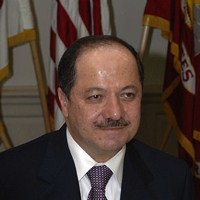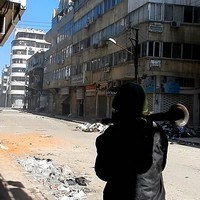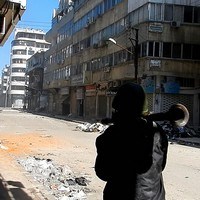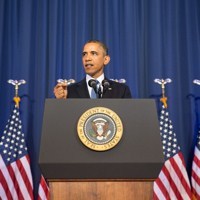
Iraqi Prime Minister Nouri al-Maliki recently concluded his first trip in years to Irbil, capital of the Kurdistan region of Iraq, without having made any tangible progress toward resolving the feud between the central Iraqi government and the Iraqi Kurds, who are developing their own energy industry and exporting oil to Turkey. Discussing the position of the Kurdistan Regional Government (KRG) amid regional turmoil, the experts who spoke with Trend Lines emphasized the Kurds’ interest in normalizing relations with Iraq’s central government in Baghdad. “By seeking a future with Turkey instead of Iraq, some Kurdish leaders may think they do […]















